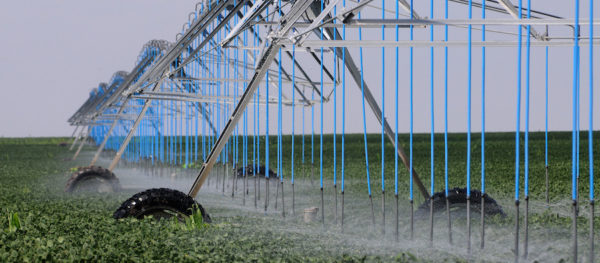Tag: engineering

The Role of Engineering in Ending World Hunger
Global: The role engineering plays in advancing the Sustainable Development Goals.
Read MoreFethi Thabet: How The World’s Engineers Can Make Hunger History
Global: How can engineers help the global community to meet the Sustainable Development Goals?
Read More

